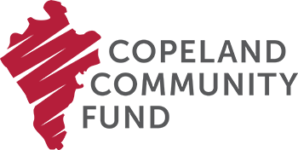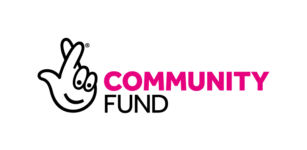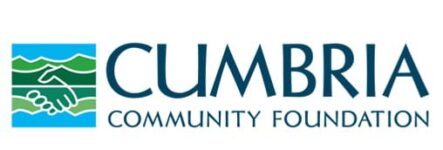Imagine a domestic abuse victim. What comes to mind?
A woman? A housewife, perhaps? Somebody trapped at home, downtrodden, timid?
The fact is, domestic abuse doesn’t respect gender, status, or income. A ‘classic abuse victim’ doesn’t exist. Every case is unique. You could be sitting next to a victim right now. You might have chatted to one at the school gates this morning. You may be standing behind one in the supermarket queue tonight. And, of course, you could have encountered a perpetrator in all of those situations.
It’s a problem that’s all around us; but so often hidden.
The statistics are stark:
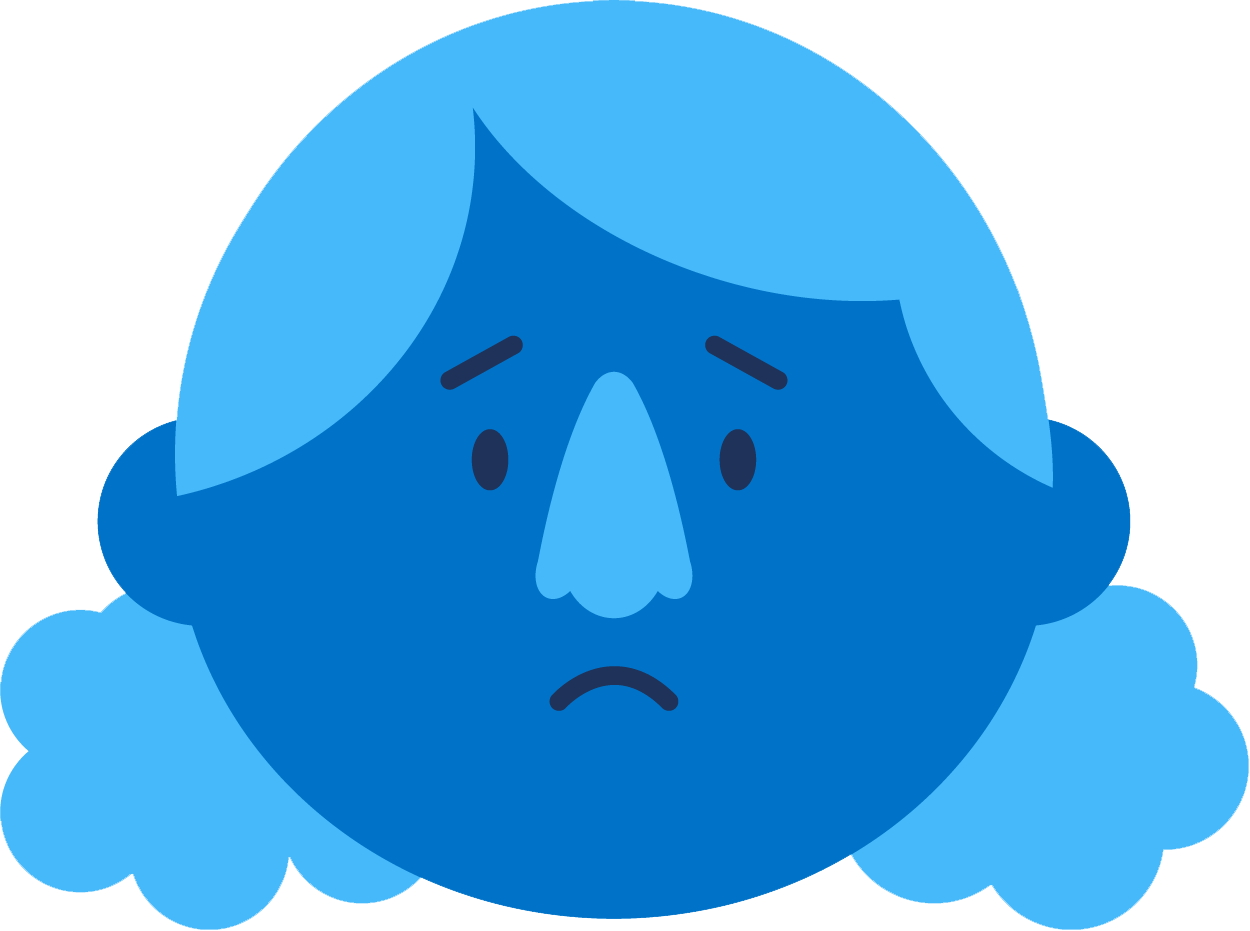
Every 6 seconds
an incident of abuse in the UK on average
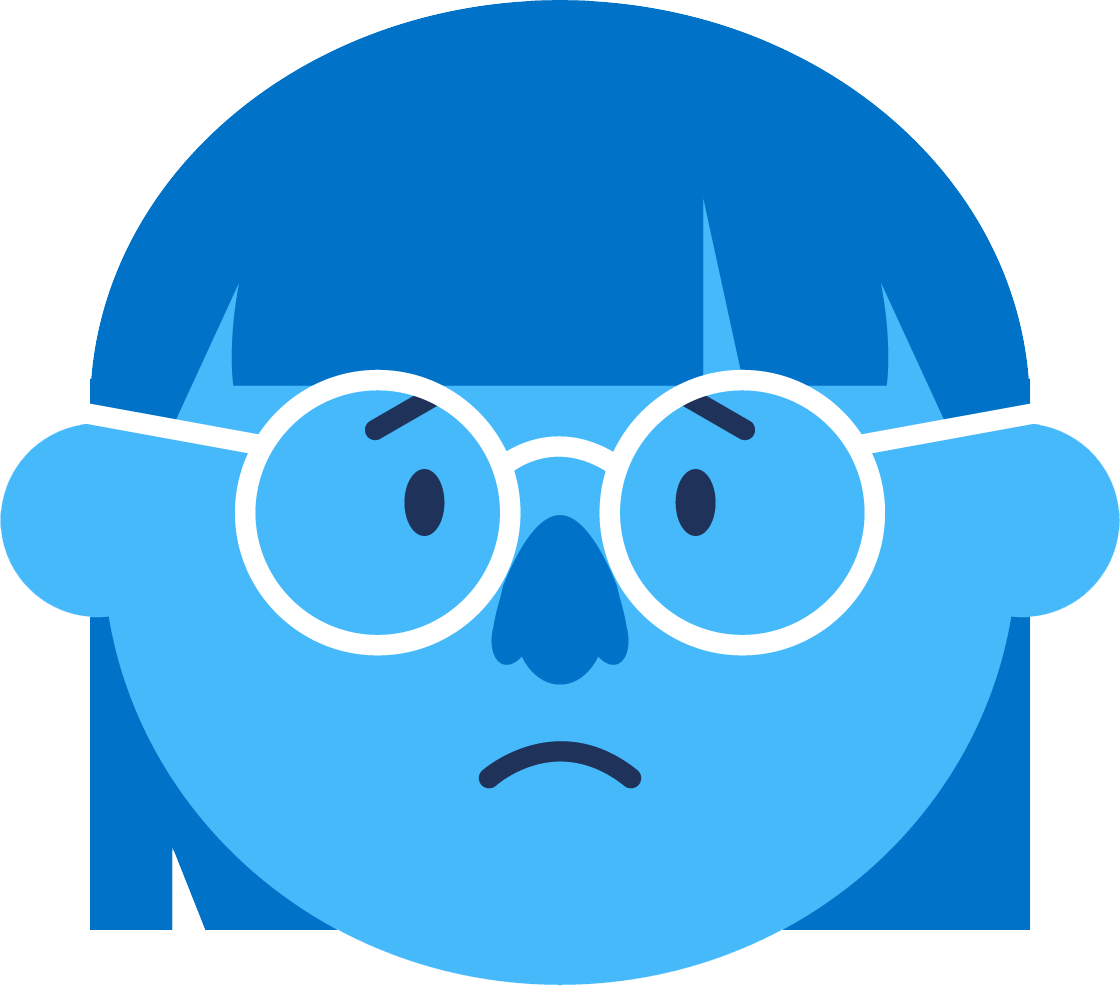
Every week
two women are killed by their partners or ex-partners
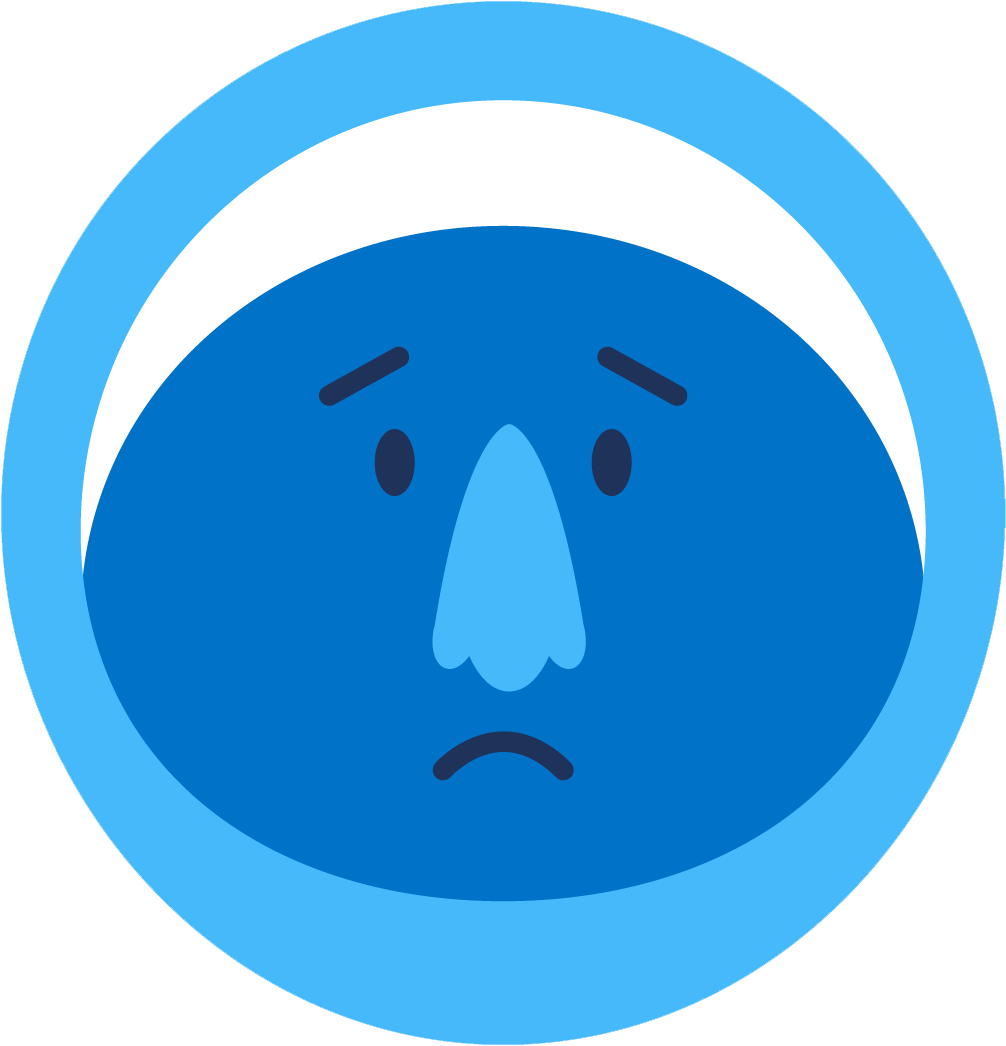
40%
of female murders are domestic abuse-related
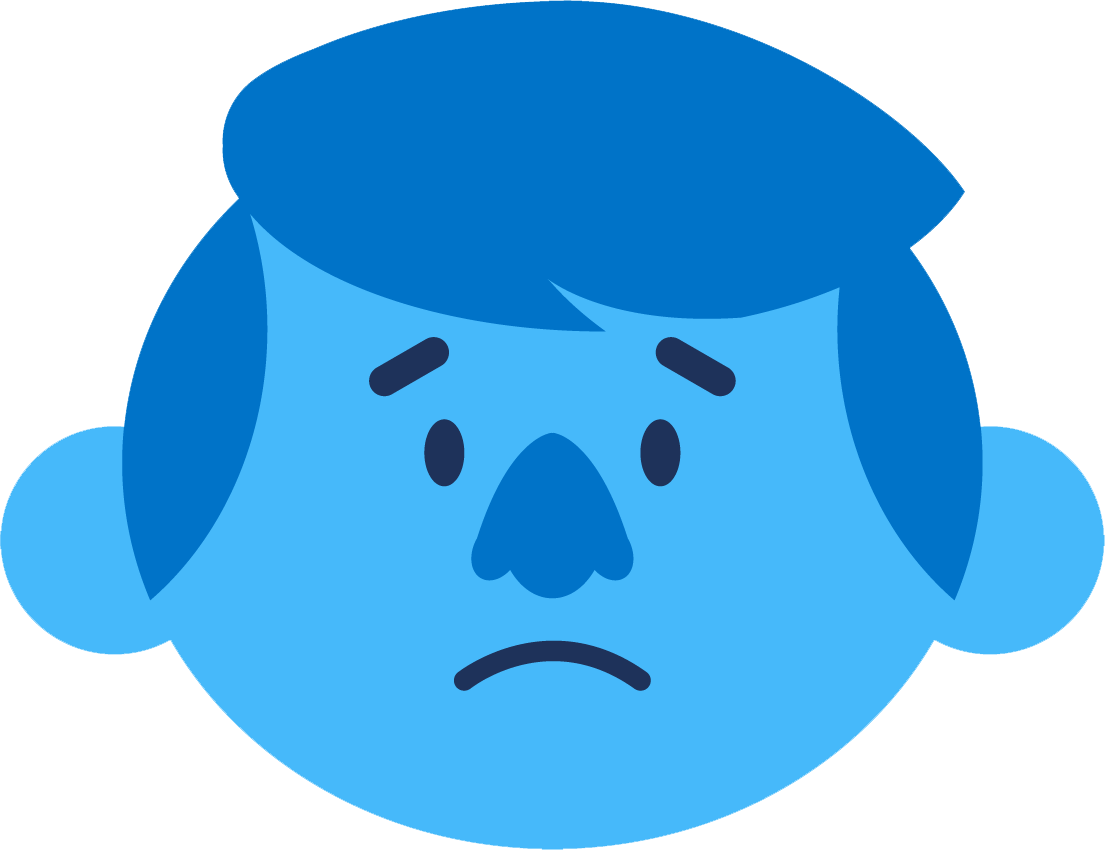
90%
of children affected were in the same room or next door when domestic abuse occurred
Domestic abuse is threats, violence and coercive or controlling behaviour between people who have a relationship with each other (or have had in the past).
It can happen between partners, within families or shared homes. Both men and women can be affected. It happens within heterosexual, gay, lesbian and bisexual and transgender relationships. It happens between people of all cultures, religions or social groups. It’s based on one person having power or control over another, and it often gets worse over time.
Some organisations use the word ‘violence’ instead of ‘abuse’, these words are interchangeable.
Domestic abuse takes many forms including (but not limited to) physical, sexual, financial and emotional abuse. It also includes digital abuse (using smartphones and social media to harass and intimidate someone).
Abusive incidents are not usually one-off events and can be seen as forming a pattern of controlling behaviour. All abusive behaviours do not necessarily fall within the criminal justice system. Abuse may be physical, emotional, psychological, sexual or financial.
It is bred on secrets and lies and usually occurs in private behind closed doors. Victims of domestic abuse suffer on many levels.
Domestic abuse will affect 1:4 women and 1:6 men at some time in their lives and 90% of children are in the same or the next room when violence is occurring, very often getting caught up not only physically but emotionally in the abuse. Obviously it is very upsetting for children to see one of their parents (or parent’s partners) abusing or attacking the other and they often show signs of great distress. Children, boys and girls, with these problems usually do badly at school and often suffer from post-traumatic stress disorder.
Domestic violence is a huge problem and is the most under reported crime in the country. The cost to the nation and our communities runs into billions of pounds per year, not only for hospitalisations, but for visits to the A&E departments, for treatment to physical injuries and GPS surgeries, sometimes may years later for stress related disorders and mental health problems.
Individuals who have experienced abuse have little or no understanding of what happens to them in their relationships and they are left with painful and confusing feelings, victims especially thinking that they are largely to blame for what has happened. Despite this, people with these conditions, no matter how they were brought on, attract fear, hostility and disapproval rather than compassion, support and understanding. Such reactions not only cause them to feel isolated and unhappy but may prevent them from obtaining help and treatment for themselves.
The need for our specialist advice and support is considerable. Although we live in one of the most beautiful parts of the country, if not the world, we still have the same problems as elsewhere.
Need our help?


